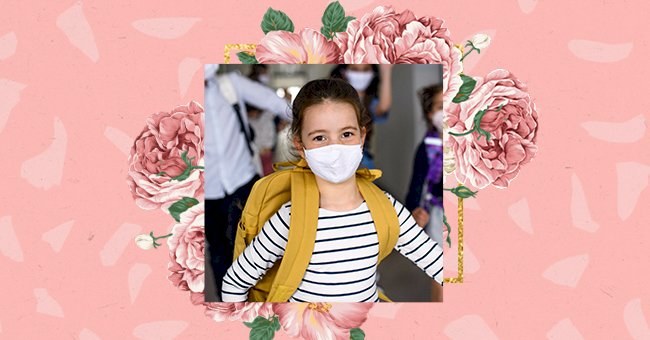
10 Tips To Emotionally Preparing For Lockdown Lifting
For over a year now, we have gotten used to the new normal of zoom meetings, social distancing, and backyard holidays. Our social interactions with friends and family have been limited to phone and video calls.
We said goodbye to Friday nights out at the club, busy Monday morning boardroom meetings, and crowded Sunday barbeques. It wasn’t easy at first, but we adapted and morphed into hermit-like beings.
Now with the vaccine roll out well underway, there is talk of our old lives returning, and understandably this has sent some of us into an emotional frenzy.
The thought of reintroducing ourselves back into society after months of solitary confinement is daunting, but not to worry, there is help.
1. Exercise

Shutterstock
While some have been religious at doing home workouts, for the rest of us, the only exercise we had done was increased trips to the fridge. Whether it was boredom or stress eating, the extra weight we have gained may make the thought of discarding our sweat pants for work clothes terrifying.
Well, now it’s time to pick ourselves off the couch and start moving. Exercise has been proven to better mental health and alleviate low self-esteem and social withdrawal symptoms, which we all have right now!
Finding ways to get fit is vast, so pick a routine that suits you. From starting new gym memberships to following at-home yoga videos, the possibilities are endless!
2. Choice

Shutterstock
We all have that one friend who has been going on about throwing big parties once the pandemic is over, and for some going out and being social after months of reclusiveness may equate to a dentist trip. It's important to remember that your immersion back into society should be at your own pace.
It's perfectly okay to decline social invites or opt for smaller settings like lunch dates. You have the power and choice, and no one should force you into doing things you are uncomfortable with.
3. Journals
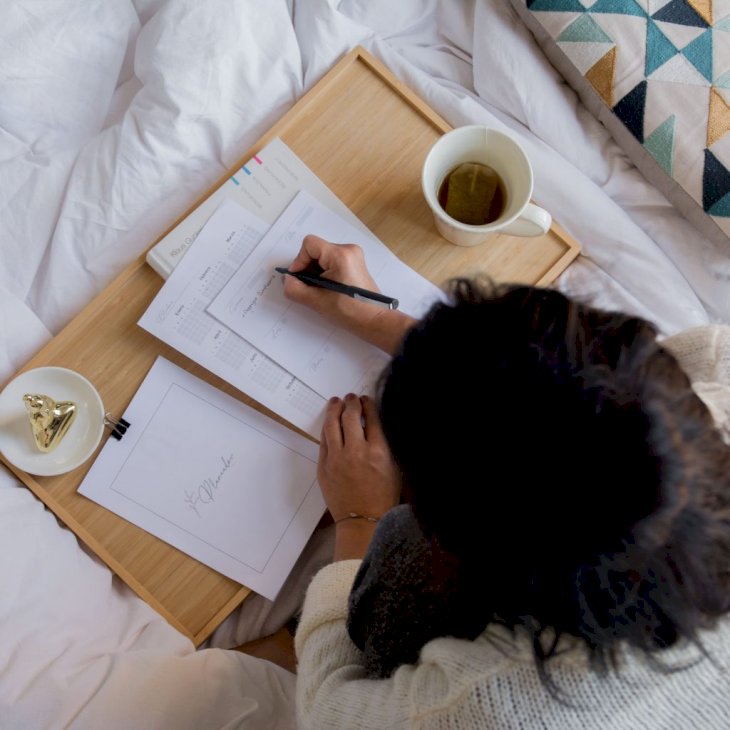
Unsplash
Documenting thoughts and ideas has long been a tried and tested method of dealing with depression and anxiety. Alone with your thoughts, fill up blank white spaces with your feelings, plans for the future, and how you want to reshape your life. This is the start of a new chapter, and you get to decide how it will be written.
4. Set Goals.

Unsplash
The advent of the pandemic threw a spanner in the works for our long and short-term goals. From students having to put their degrees on pause to cancellations of dream vacations, we have all suffered in this department somehow.
Well, now it's time to get rid of our aimless mentality and begin making plans. It's okay if your goals had to change or be adjusted. Make peace with what was lost and start again with what can be.
5. Stay Connected

Unsplash
One upside to the pandemic was increased interaction with our families. Whether it was with our immediate family that we live with or increased phone calls with grandma, we got a chance to spend quality time with our families that would not have been possible prior to covid.
As we slowly start returning to our usual busy routine, try to remain connected with your loved ones as much as possible. Check on them frequently as they might also be struggling to adjust. Remember, we are all in this together.
6. Hold On To Positive Changes

Shutterstock
Whether you have found a new hobby, started sleeping better, or consumed less alcohol, try to maintain the positive changes. Embrace the person you have become.
There might be external pressures to resume your old habits, resist the temptations and go forward with a better and healthier mind and body.
7. Remember To Keep Up With Covid 19 Prevention Measures
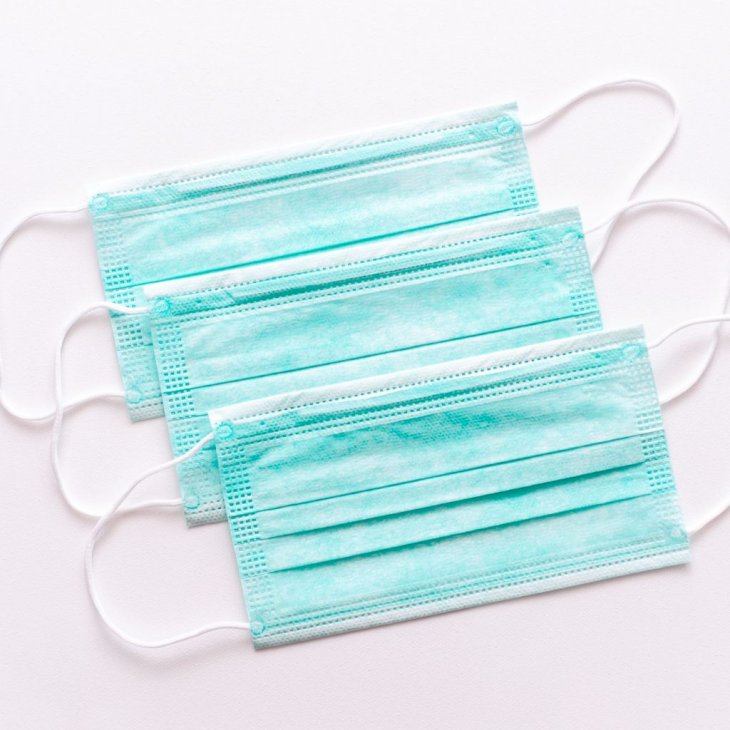
Shutterstock
While the vaccine program has significantly reduced the threat of covid, we must not throw caution to the wind. Mask wearing and hand washing are still crucial as we are not out of the woods yet.
The measures we’ve used to keep us safe during covid are good for preventing other diseases as well. Keep them up as far as possible!
8. PTSD
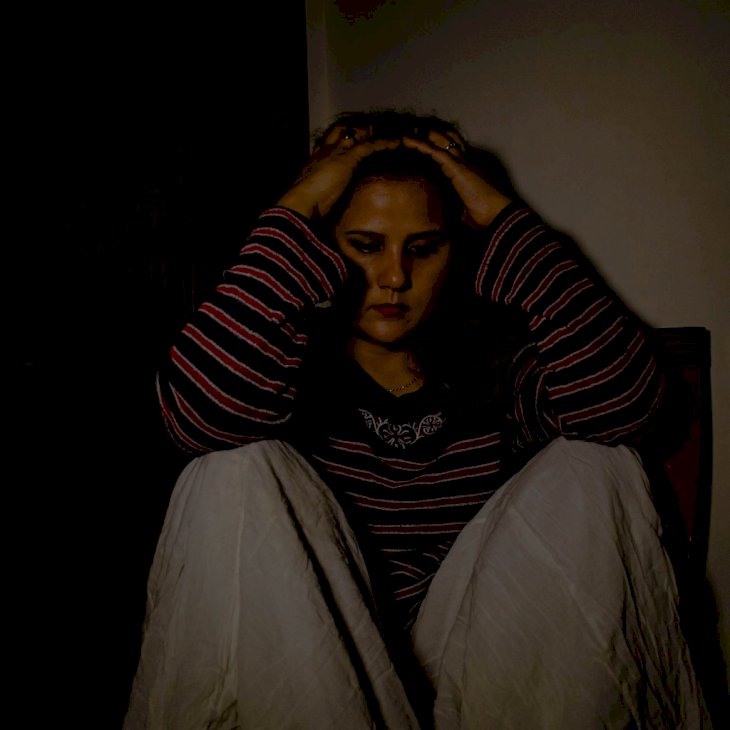
Unsplash
While this term has become more familiar today, it is still poorly understood and not easily recognized. The pandemic has triggered a myriad of emotional, physical, and economic issues. You may have had lost family and friends to covid, or you may have suffered financially.
Whatever the impact, it's important to know that it's okay not to be okay. While it may seem that the entire world is moving on, you may be suffering from PTSD.
If you suspect that you are or if you have family and friends, get help. Help is always there if you look for it so take advantage of the online services and community mental health awareness programs available.
9. Learn From This Experience
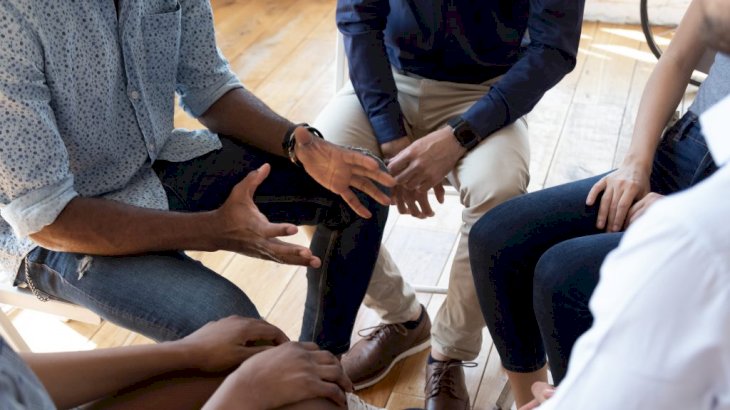
Shutterstock
The pandemic has shed light on racial and equality issues, economic injustices, and the dangers of miscommunication and misinformation. As we charter a new way forward, do not forget the lessons learned and continue to strive towards a more fair and free society.
10. Routines

Shutterstock
Staying indoors has undoubtedly made you slack on your routines; you might not be going grocery shopping as often as you would pre-covid. Before you get reintroduced into society and become overwhelmed with socializing, you don't want to fall behind on your routines.
It can get overwhelming when you feel like you don’t have time to do everything. So try and plan your days and weeks out, so you don’t forget trips to the supermarket or else you’re going to be relying on takeout.